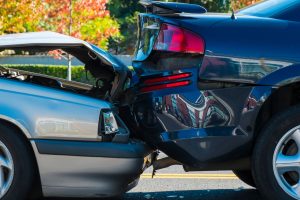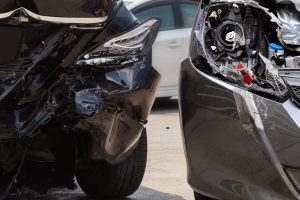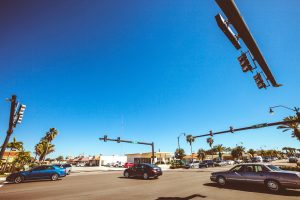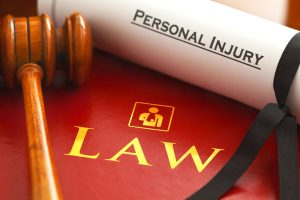As West Palm Beach car accident lawyers, we’re closely familiar with the outsized danger posed by side impact collisions. Even though side impact crashes tend to be less common than front impact crashes, they tend to be much more serious. Determining fault requires analysis of right-of-way, traffic signals, speed, and road conditions (inclement weather, debris, low visibility, etc.). Other factors include driver impairment and distraction and whether the injured person was wearing a seatbelt. 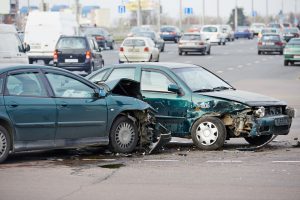
Side impact collisions are a type of motor vehicle crash where the side of one or more vehicle is impacted.
Sometimes referred to as T-bone accidents, we often see these at intersections, parking lots, and in scenarios where two cars or other vehicles pass each other on a multi-lane road.
Why Side Impact Crashes Are So Serious
According to a 2016 study, side impact collisions accounted for about 30 percent of total crashes, but 35-45% of passenger fatalities and serious injuries, compared to 55% in head-on collisions. Even in newer, safer cars and at lower speeds, side impact crashes still tended to have higher injury rates.
Factors that can make side impact collisions more serious:
- Fewer built-in protections. When a car is struck head-on or even in a rear-end crash, both the driver and passengers have greater distance and structural protection from the point of initial impact compared to a side-impact crash – particularly for those on the side that is struck directly.
- More vulnerable body parts impacted. Most rear- and front-impact crashes tend to result in serious injuries to the legs and feet, while side impact crashes tend to hit the chest and head harder.
- Minimal avoidance action. A driver who is struck on the side by another may not even see the other car coming – and therefore may take little evasive/avoidance action to minimize the crash.
- Vehicle size disparity. More than half of all new vehicles purchased in 2021 were SUVs. Anytime passenger cars collide with light trucks or SUVs, it’s former that usually sustains the greatest damage – regardless of which was the striking vehicle. But when a smaller vehicle is struck on the side by a larger vehicle, the damages tend to be very significant.
According to one study by the Association for the Advancement of Automotive Medicine, rear seat occupants were most likely to suffer the most serious injuries in side impact crashes. Continue reading

 South Florida Injury Lawyer Blog
South Florida Injury Lawyer Blog


